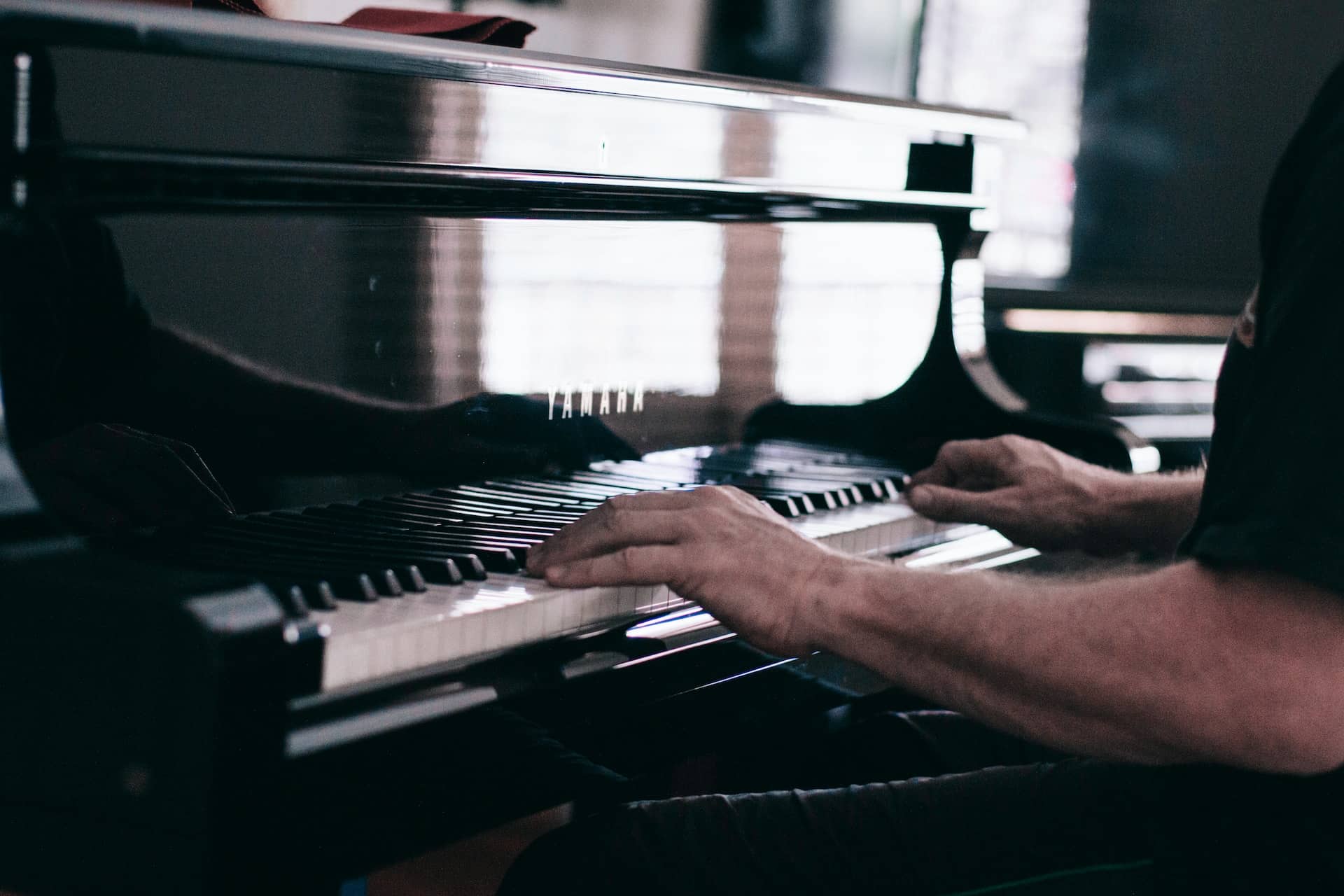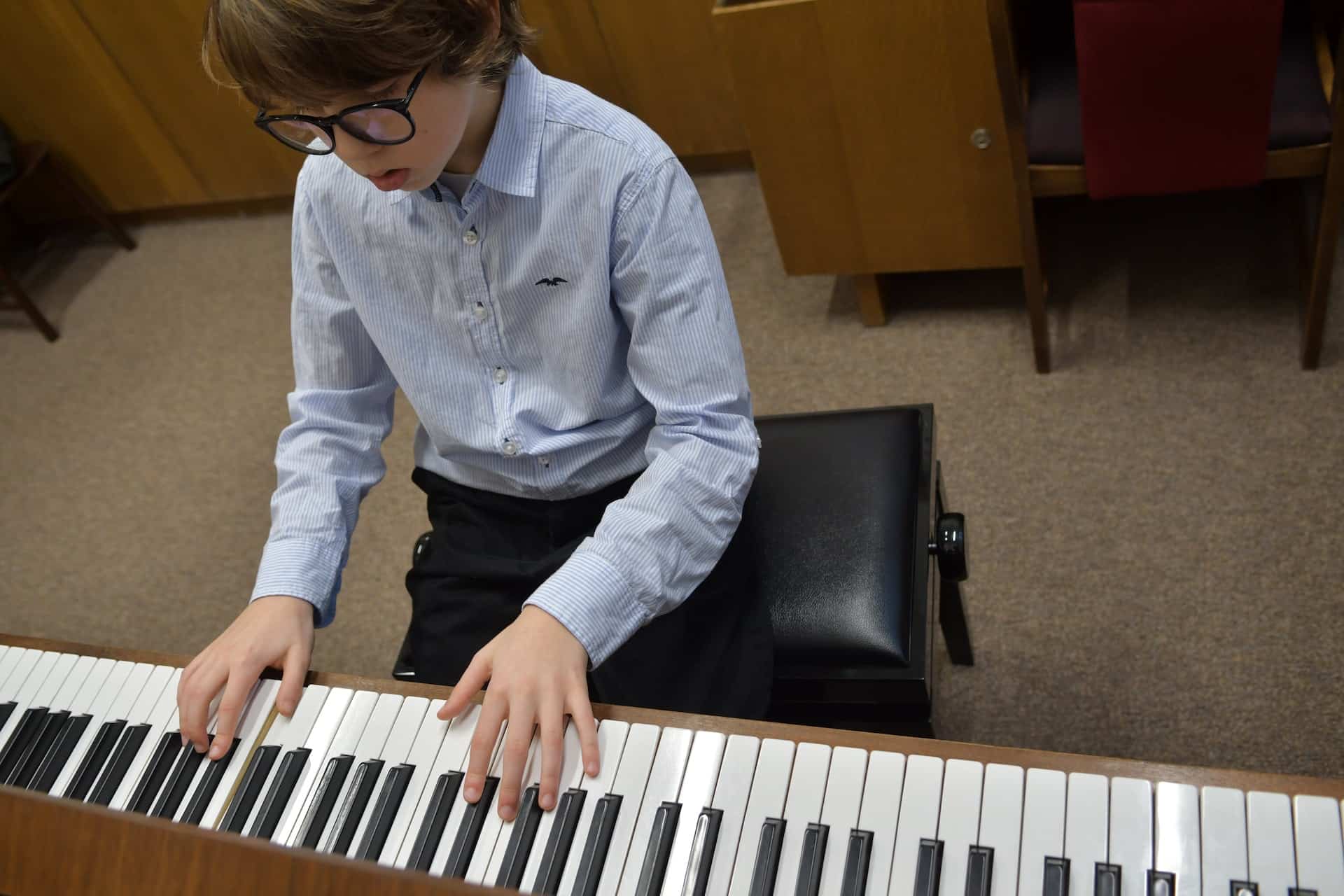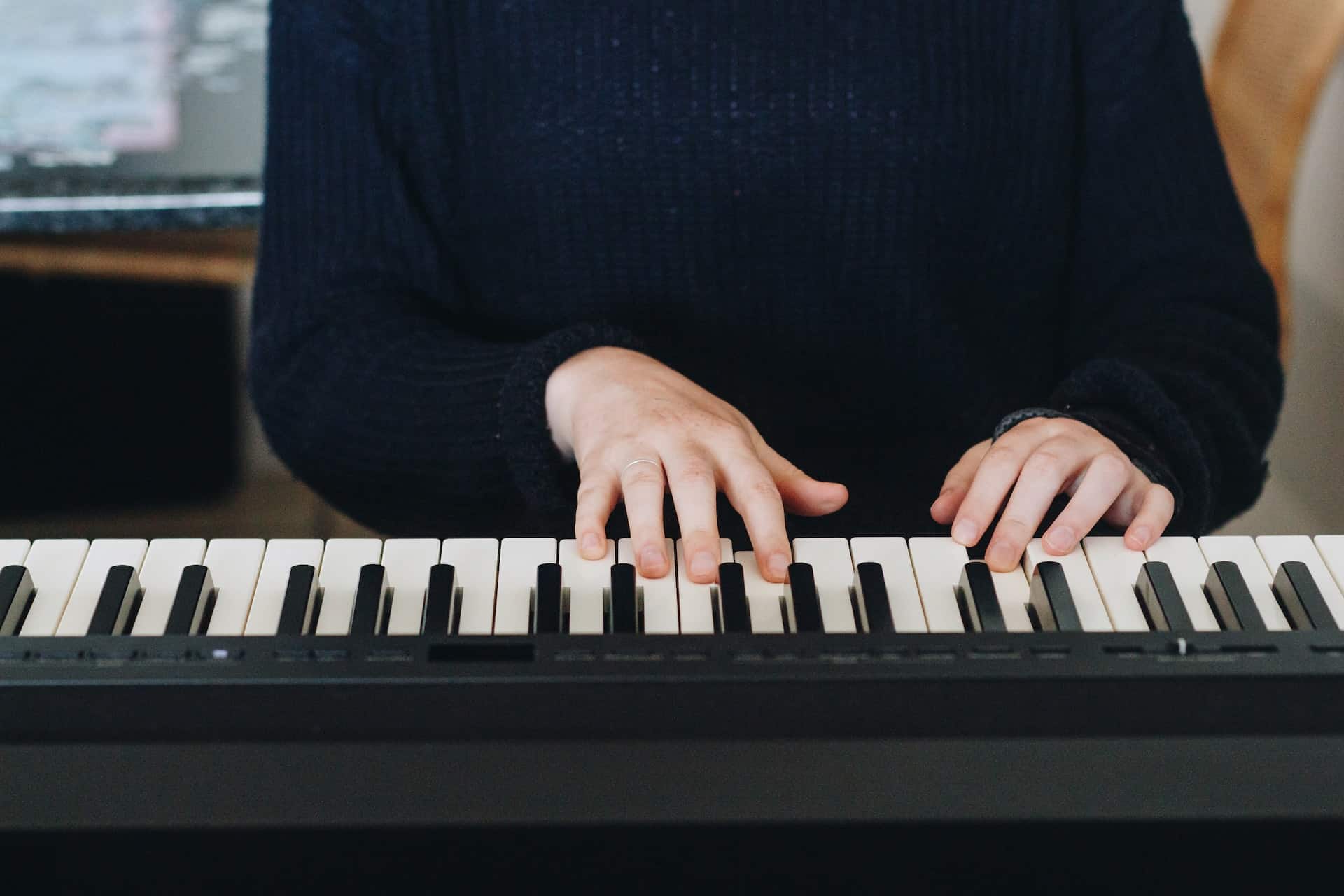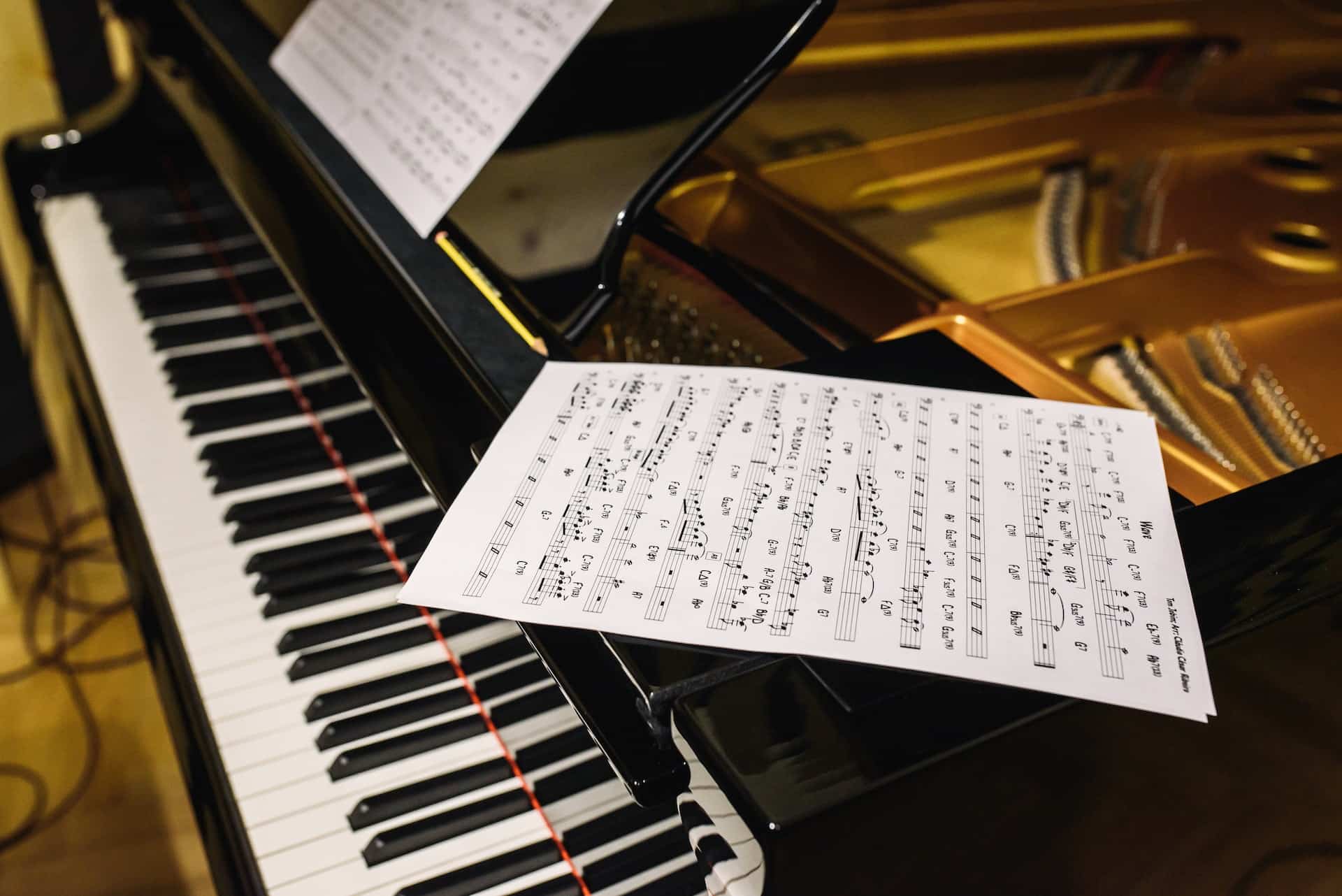My mate has a few years of piano study under their belt. During the long COVID lockdowns, they came upon the idea of moving to Australia once that whole mess ended. Admittedly, the first concern wasn't whether they could progress through their piano education the same way had they not relocated.
Soon enough, it became a sticking point. Naturally, that set us on the trail of discovery. In no time, we found that the Australian music certification system differs wildly from the one they had been learning from. Granted, they could have continued with piano lessons online. They could have chosen an international piano certification exam. But what's the fun in that?
Moving to a new country is about embracing new things. So, even before they set sail for Queensland, they had a comprehensive view of different piano certification systems and how to achieve distinction at each level. We share that information with you now.

Comparing Piano Certifications
There are many university and conservatoire programs around the world. They teach musical theory, how to play an instrument and many other practical skills musicians need. They're all designed to lead musicians to their chosen careers. By contrast, there is only a handful of music certification boards around the world, many of which are in English-speaking countries.

The Associated Board of the Royal Schools of Music
This board, commonly known as ABRSM, is the UK's most renowned certifying authority for musical competence. It was established in 1889. Today, the ABRSM is one of five music competency boards recognised by that country's Office of Qualifications and Examinations Regulation (Ofqual).
The ABRSM offers testing for eight successive grades. However, piano students needn't sit every exam. Indeed, the first exam mandate comes at Grade 5. Every piano student hoping to continue with the ASBRM certification process must sit this exam. It is a prerequisite for the final three grades.
Some piano students choose to skip either Level 6 or 7 practical exams - but not both. If their piano teacher is sure of their pupil's competence, they may even recommend not sitting one of them. The Grade 8 exam is mandatory to complete the certification process.
Sitting these exams serves as a checkpoint to measure the piano player's skill level and improvement over time. The crucial aspect of this grade work is cumulative. Everything covered in each successive grade rests on materials learned in previous grades. Thus, one can skip an exam or two, but nobody should skip a grade.
The Trinity
Trinity College London (TCL) is also Ofqual-accredited. TCL's music grading system is much the same as ABRSM's, including which grade exams student musicians might skip. In fact, the two boards mirror each other in their requirements. Piano players may skip exams for grades 1-4 but they must sit the Grade 5 exam. Exams six or seven are optional but eight is mandatory.
As TCL is an institute of higher learning - not just an exam board, piano students may go on to a diploma. The Associate's degree (ATCL), the Associate's in Music (AmusTCL) and a Licentiate (LTCL) each denote increasingly higher levels of musical education. The Fellowship (FTCL) is equivalent to a Master's degree in any other discipline.
Get started with online piano lessons on Superprof today.
The Royal Conservatory of Music
This Toronto institution is more familiarly known as RCM. It is one of the oldest, still-operating music certification boards and schools, beating the ABRSM's longevity by a full three years. RCM's certification programs run differently from the two previously covered. For one, nobody needs theory exams until Grade 6. Piano students may choose to not sit that exam but it would mean the end of their progress in RCM's music certification program.
The RCM program extends a further two grades to explore harmony and music history. Compared to ABSRM's program, RCM's seems more extensive. In the end, the former's Grade 8 roughly equals the latter's Grade 10. Besides, ABSRM's program includes more elements so they balance each other out. The RCM is more generous about providing help to pass exams.

The Australian Music Examinations Board
The exam boards covered so far allow international testing. That means my mate who relocated to Queensland could have continued to get their certifications from their former board. By contrast, the AMEB, as this board is called, permits exams only for piano players in Australia, New Zealand and Vietnam. That's just the first departure from other boards' standards.
AMEB's grade levels are generally higher than either Trinity's or ABRSM's because they don't have the same number of grades. Let's say you sit AMEB's Grade 6 exam and its theory component. That qualifies you as a Grade 8 piano player under the other boards' systems. Furthermore, you may choose one of three theory exams: Music Craft, Musicianship and Theory of Music. Perhaps best of all is that you can take your theory exams online.
The Theory of Music exam contains all the typical elements. They include keys and scales, time and rhythm, transposition, chords and other fundamental elements. In this respect, the Theory exams are much the same as the Musicianship tests. After Grade 4, the two diverge, with Theory diving deeper into the creative aspects of playing the piano. Harmony, improvisation and melody writing are all features.
By contrast, the Musicianship exam emphasises aural and written components at and beyond Grade 4. These feature cadence and motion recognition, identifying intervals and scale forms, and expression, mood and form questions. Theory has no aural component but it does pose general knowledge questions.
The Music Craft exams weave Theory and Musicianship together. However, the terminology used in the course materials is different. In the Music Craft competencies, you'll describe pitches using the Helmholtz system. Whereas the other two syllabi might describe a cadence as perfect, Music Craft calls it authentic. This exam path uses a lot of western European language to describe musical components
Like the other certification systems, AMEB makes theory exams available at every grade. However, sitting one is not compulsory until Grade 6. From then on, theory exams are a component part of each grade's practical exam. Curiously, rather than simply including it as a part of the syllabus, theory exams are listed as an additional requirement.
Timing your exam is fluid. You may take it before or after your practical exam. Your practical exam certificate will not be issued until you have sat and passed this additional requirement. Furthermore, student pianists must advise their State Office that they have successfully completed all portions of each grade's exams.
Why Skip a Grade in Piano?
We often say that one shouldn't try to run before they can walk. That means we shouldn't try to do something complex before nailing its basics. Could there be anything more complex - and yet, more pure than playing music? This principle alone speaks against skipping a piano grade.
And yet, we have to wonder about each grade's syllabus. Everyone builds on the information taught in the lower grades. But there's substantial redundancy built into each grade's work. There's also quite a bit of review material. All of that is undeniably helpful to piano players less inclined to the academic aspects of their piano study.
You can find piano lessons Brisbane easily on Superprof.

How does it affect piano students who can hoover up musical theory and general musical knowledge on the first pass? If they've internalised that knowledge, should they have to repeatedly review it? It also begs a larger question. Does a piano player need to know what musical period Tchaikovsky defined to play the 1812 Overture perfectly?
Finally, there's the question of fees. The AMEB books alone are $70 apiece. Piano students must buy all three of them to cover the entire certification process. Exam fees range from just over $100 to nearly $200, whether taken online or in person. The fees are determined by the level and type of exam you sit. They're nearly $500 for the Licentiate exams.
To be fair, the other music exam boards also charge hefty fees. That alone explains why student pianists the world over would want to skip grades. The programs' built-in redundancy is another. Students' reluctance can further be attributed to piano grade assessments being subjective. They vary from district to district and even from one examiner to the next.
None of this points to the AMEB being useless. On the contrary, it provides superior piano instruction and a comprehensive music education. That doesn't mean you must invest time, money and effort into working through every grade.
AMEB piano instructors may advise particularly apt pupils to skip a grade if they excel in their studies. They recognise that such diligent students, passionate about self-study, may not need grade-by-grade guidance to master piano concepts. Admittedly, a teacher might not come out and say so. You'll likely have to ask if it's wise for you to do so.
Can you skip a piano grade? You can skip a few grade exams with minimal impact. You should only skip a whole grade after careful consideration. Don't decide on your own, though. Talk with your teachers, caregivers and private piano tutor before making your move.
Practice with qualified piano tutors in piano tutorials here on Superprof.
Summarise with AI:
















